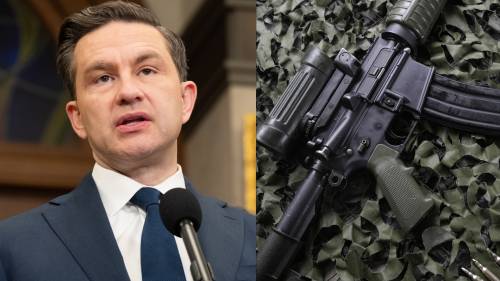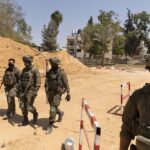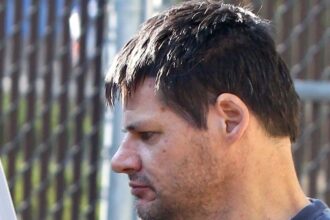In a decisive shift toward reinvigorating Canada’s armed forces, Conservative leader Pierre Poilievre has called for a fundamental transformation of the military’s culture, emphasizing what he describes as a return to “warrior culture” as defense spending is set to increase. This declaration comes at a critical juncture when Canada faces mounting pressure from NATO allies to bolster its military capabilities amidst evolving global security challenges.
“Our military needs to rediscover its warrior culture,” Poilievre stated during a recent address on national security priorities. “We’ve seen decades of underfunding and bureaucratic bloat that has undermined our readiness and diminished our standing among allies.”
The Conservative leader’s comments follow Prime Minister Justin Trudeau’s recent announcement of plans to gradually increase defense spending to meet NATO’s target of 2% of GDP—a benchmark that Canada has consistently fallen short of meeting. According to the latest figures from the Department of National Defence, Canada currently spends approximately 1.33% of its GDP on defense, ranking among the lower contributors within the alliance.
Military experts have noted that Canada’s armed forces face significant challenges beyond just funding issues. Recruitment has plummeted to concerning levels, with the Canadian Forces currently short approximately 16,000 personnel from their authorized strength. Equipment modernization programs have faced delays and cost overruns, while several high-profile misconduct cases involving senior leadership have damaged institutional morale.
“The problem isn’t just about money,” said Dr. Jonathan Reynolds, defense policy analyst at the Canadian Institute for Strategic Studies. “It’s about purpose, mission clarity, and institutional culture. Poilievre is tapping into a sentiment among many service members that the military’s combat effectiveness has been subordinated to administrative priorities.”
Critics of Poilievre’s approach, however, warn that his “warrior culture” rhetoric could undermine important progress on inclusivity and professional conduct within the forces. The Canadian Armed Forces has implemented significant reforms in recent years to address sexual misconduct and promote diversity within its ranks.
“We need to be careful about what messages we’re sending,” said former Lieutenant-Colonel Maria Desjardins. “Creating an effective fighting force and maintaining professional standards aren’t mutually exclusive goals. In fact, they’re complementary.”
The debate occurs against a backdrop of rapidly evolving global security threats. Russia’s continuing aggression in Ukraine, China’s assertiveness in the Indo-Pacific, and emerging challenges in the Arctic have created new imperatives for Western democracies to strengthen their defensive capabilities.
Defence Minister Bill Blair responded to Poilievre’s comments by defending the government’s approach to military culture, stating that “professionalism, ethical conduct, and operational excellence are the hallmarks of a modern military.” He added that the government’s defense policy update would address both funding and cultural elements of military readiness.
Public opinion polls suggest Canadians are increasingly concerned about defense issues, with a recent Ipsos survey showing 68% of respondents believe Canada should spend more on its armed forces—a significant increase from 49% just three years ago.
As political battles over defense policy intensify, military leadership remains caught in the middle, attempting to navigate competing visions while addressing pressing operational needs. General Wayne Eyre, Chief of Defence Staff, has repeatedly emphasized the need for cultural change while maintaining the military’s essential combat capabilities.
The path forward for Canada’s military will likely involve difficult trade-offs between equipment modernization, personnel increases, and institutional reforms. What remains unclear is whether political leaders can forge a sustainable consensus on defense priorities that transcends partisan divides.
As Canada contemplates its military future and its role on the world stage, the fundamental question emerges: Can the nation reconcile its traditional peacekeeping identity with the more assertive security posture that current global realities seem to demand?














